Central America
El Salvador featured in El País: A rising star in Central American tourism
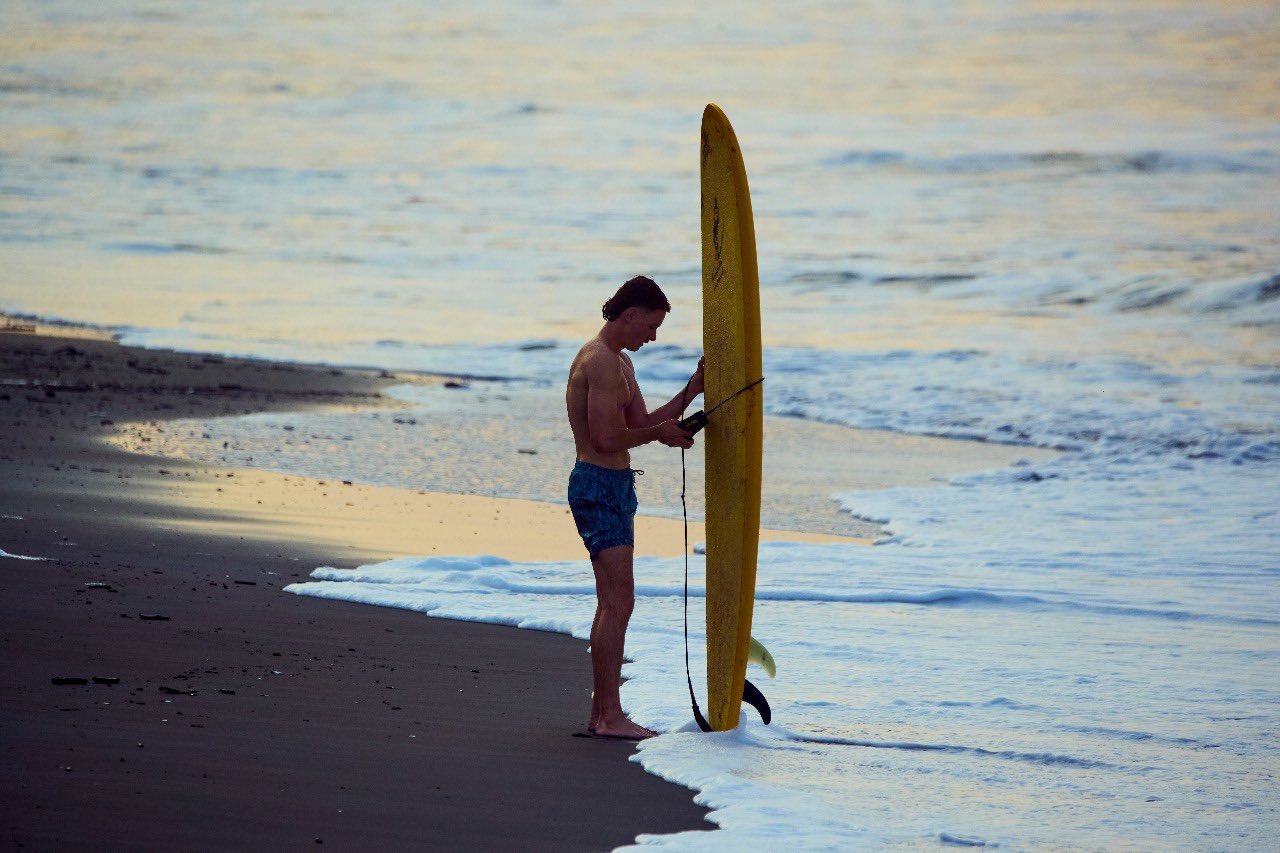
El Salvador’s tourism industry continues to gain international recognition, this time featured in a comprehensive article by the Spanish newspaper El País. In its travel section, El Viajero, the outlet published an extensive report titled “Everything Hidden in El Salvador: From Hosting the Pompeii of the Americas to Becoming the New Surf Paradise”, highlighting the country’s top attractions and its growing reputation as an emerging destination in Central America.
According to the report, El Salvador offers “three undeniable reasons to attract travelers: its volcanoes, Mayan archaeological sites, and exceptional beaches — not to mention its cuisine and wildlife.” The Spanish publication emphasizes that, despite being the smallest country in the region, El Salvador has stood out in recent years as an alternative to overcrowded destinations, attracting celebrities and international tourists seeking a quieter, more exclusive escape with perfect waves.
El País also notes that, after “a period of instability, the country is now safe, its roads are in excellent condition (even better than in neighboring countries), and visitors can enjoy its natural landscapes, wild beaches, volcanic scenery, hot springs, Mayan ruins, and even one of the best coffees in the Americas.” One of the country’s biggest advantages, the article adds, is its compact size, allowing travelers to explore mountains, beaches, and the capital all in a single day.
The report dedicates significant space to San Salvador, describing the capital as “a showcase of Salvadoran culture, identity, and diversity.” It highlights the National Museum of Anthropology (MUNA), the Museum of Modern Art (MARTE), and the National Library (BINAES), calling the latter “a cultural landmark and symbol of technological innovation” thanks to its virtual reality spaces, robotics labs, and 5G connectivity.
Gastronomy also plays a central role in the feature. El País praises the country’s iconic pupusas, while also mentioning yuca with chicharrón, elote tamales, and horchata. It recommends visiting the famous “Pupusódromo of Olocuilta”and several high-end restaurants in San Salvador, such as Nau and Faisca do Brazil, as well as the diverse dining options along El Hipódromo Avenue.
Finally, the article showcases some of El Salvador’s natural and cultural gems, including San Salvador Volcano, Lake Coatepeque, and the archaeological sites of Joya de Cerén — a UNESCO World Heritage Site — along with Tazumaland San Andrés. It also highlights Ruta de las Flores and Suchitoto, praised for their colonial charm and vibrant cultural offerings.
Central America
Arrests and clashes in Tegucigalpa as vote count continues after Honduras election
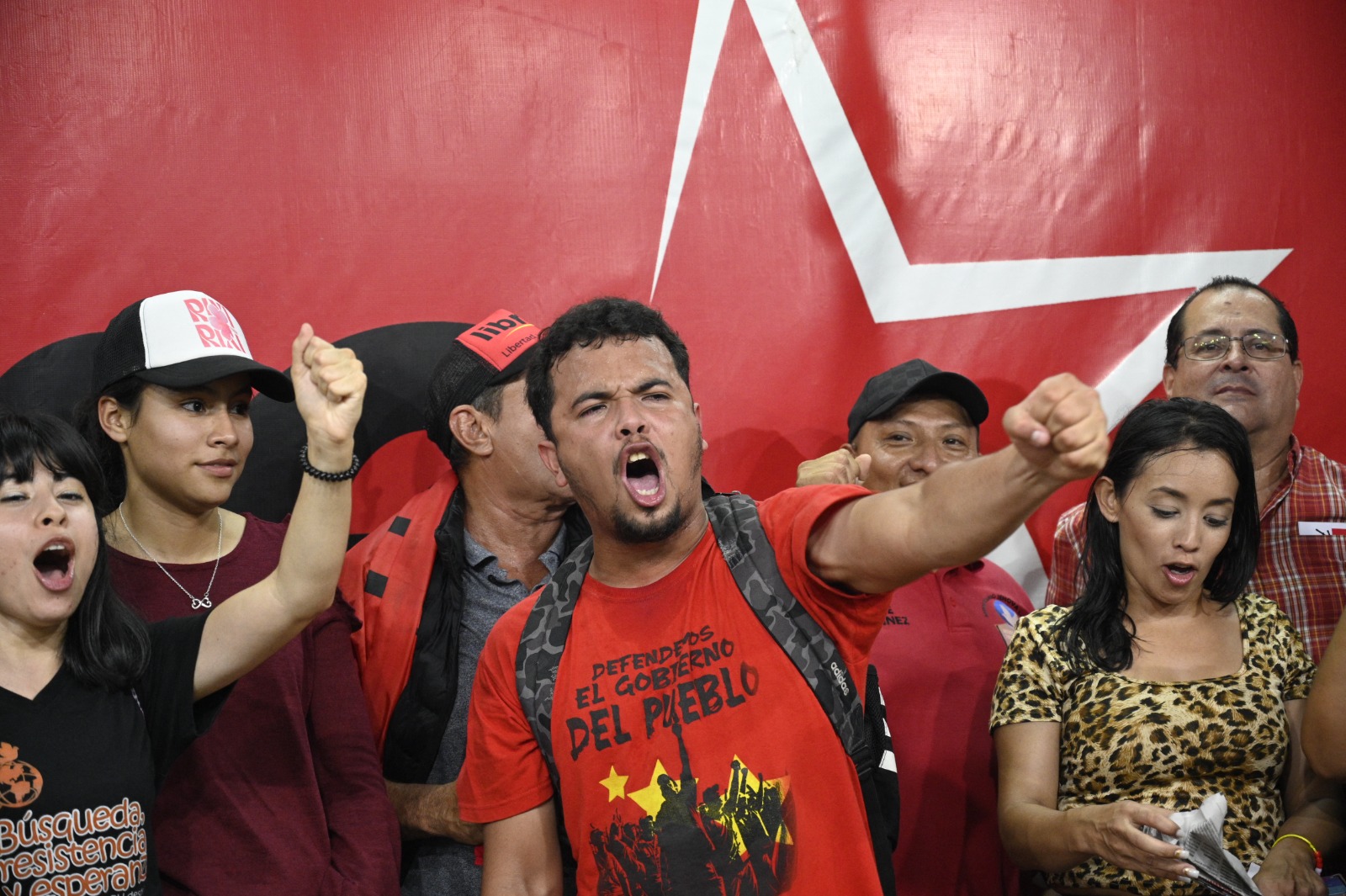
Protesters affiliated with the ruling Liberty and Refoundation Party (Libre) gathered in a demonstration that led to several arrests, disturbances, the burning of tires, and left at least 15 people injured outside the center where votes from Honduras’ November 30 general election are still being counted.
The group assembled on Monday outside the National Institute for Professional Training (INFOP) in Tegucigalpa, after President Xiomara Castro called on supporters through social media, claiming that a “new coup d’état” was being plotted in Honduras.
“I call on the people, social movements, grassroots organizations, party militants and citizens to urgently and peacefully gather in Tegucigalpa to defend the popular mandate, reject any coup attempt and make it clear to the world that a new coup is taking shape here,” the president said.
Castro has stated that she does not recognize the partial election results, which currently place right-wing candidate Nasry Asfura in the lead with 40.54% of the vote, followed closely by liberal candidate Salvador Nasralla with 39.20%. The ruling party’s candidate, Rixi Moncada, remains in a distant third place with 19.30%, with no realistic chance of a comeback.
Both the Libre Party and the Liberal Party, led by Castro and Nasralla respectively, have alleged electoral fraud. On Tuesday, the two parties agreed to participate in the special review panels that the National Electoral Council (CNE) says will finalize the count by reexamining 1,081 polling records flagged for irregularities.
Former president Manuel Zelaya, Castro’s husband and a senior figure within Libre, said last week that according to his party’s own nationwide tally of presidential ballots, Nasralla—a former Libre member—won the election.
Central America
Bukele says AI partnership with xAI will transform public education in El Salvador
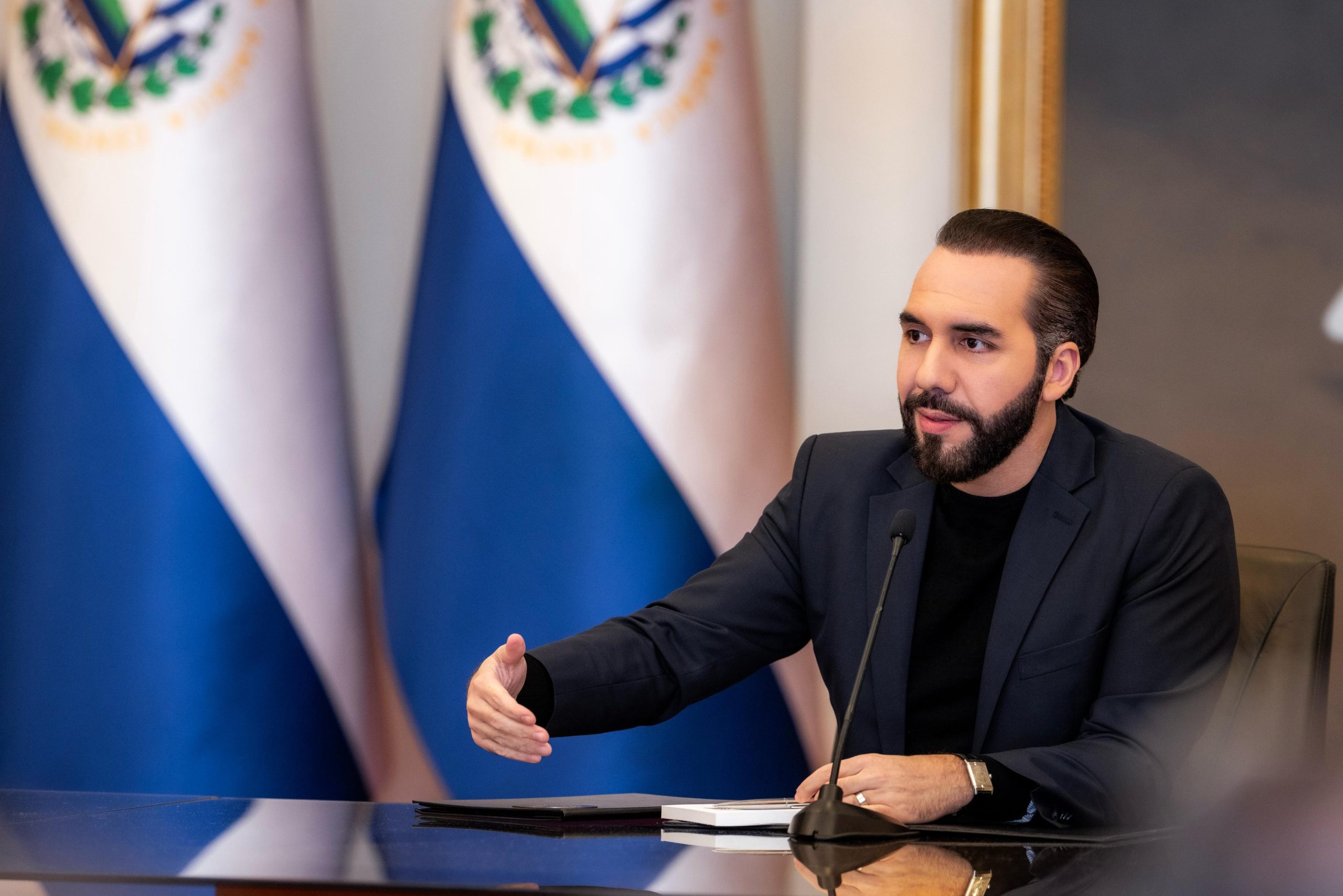
President Nayib Bukele stated on Monday that the implementation of Artificial Intelligence (AI), with the support of Elon Musk’s company xAI, will help redefine the future of public education in El Salvador.
“El Salvador and xAI will redefine the future of public education. Children will not use Grok the same way we use it,” the president wrote on X.
Last week, Bukele and Musk announced a partnership to provide personalized tutoring through the AI assistant Grok for all students enrolled in public schools across the country.
This pioneering alliance between the Government of El Salvador and xAI represents the launch of the world’s first national education program powered by artificial intelligence.
“Grok will be used in all public schools in El Salvador over the next two years. More than one million students will receive personalized tutoring. Thousands of teachers will receive assistance and support as partners in the educational process,” the president explained.
Meanwhile, FMLN Secretary General Manuel Flores described the incorporation of AI into public school education as “reckless,” arguing that many schools still lack basic services such as electricity and internet access.
“Schools do not even have desks. They said: ‘All schools will have internet’; that promise was not fulfilled. And others used to say: ‘The only promises that matter are the ones that are kept,’” Flores said during his regular Monday press conference.
Flores questioned who would teach artificial intelligence classes, noting that in some areas schools lack televisions or electricity. “How are they going to have internet? Starlink [satellite internet service] has already been announced five times,” he added.
He further labeled the AI-driven education program promoted by President Bukele as “another lie,” comparing it to the “Two Schools a Day” initiative, which he claimed is “pure propaganda.”
The “Two Schools a Day” program was announced earlier this year and involves the construction or reconstruction of public schools nationwide to improve educational quality. The project is being implemented by government institutions such as the National Directorate of Municipal Works.
Central America
El Salvador ranks among top countries in the Americas in fight against organized crime
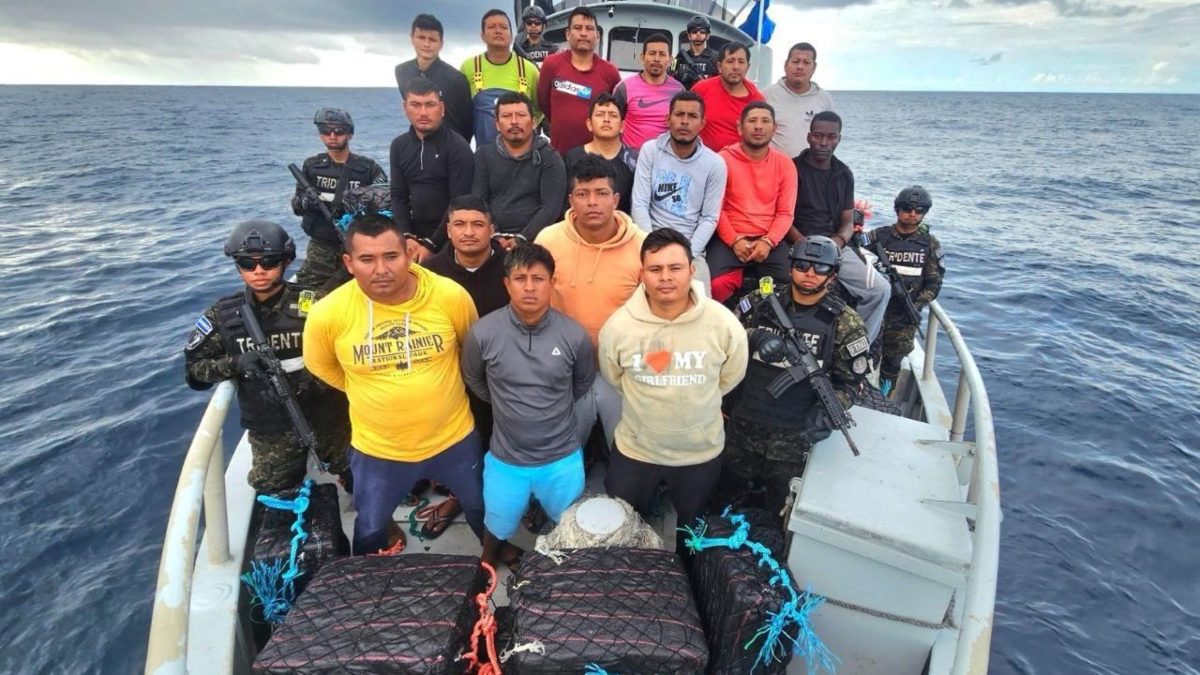
El Salvador has positioned itself as the country in the Americas with the strongest performance in the Global Organized Crime Index (GOCI), ranking 18th out of 35 countries in the region and 77th out of 193 nations worldwide that are engaged in the fight against organized crime.
According to the index, El Salvador outperforms Mexico, which ranks 2nd in the Americas and 3rd globally, as well as the United States, which holds the 14th position in the Americas and 60th worldwide.
The Global Organized Crime Index evaluates multiple indicators, including criminal markets, human trafficking and smuggling, extortion, arms trafficking, counterfeit goods trade, illicit trade in excisable goods, environmental crimes involving flora and fauna, crimes against non-renewable resources, heroin, cocaine, cannabis and synthetic drug trafficking, cyber-dependent crimes, financial crimes, mafia-style groups and criminal networks.
Within Central America, El Salvador surpasses Panama, which ranks 8th in the Americas and 21st globally; Costa Rica, ranked 13th in the region and 58th worldwide; Nicaragua, ranked 16th and 69th; Honduras, positioned 5th in the Americas and 13th globally; and Guatemala, which holds 9th place in the Americas and 25th worldwide.
Belize is the only Central American country ranked above El Salvador, placing 23rd in the Americas and 103rd globally. However, while El Salvador climbed 25 positions compared to its 2023 ranking—improving from 52nd to 77th—Belize dropped three positions, moving from 106th in 2023 to 103rd in the current index.
El Salvador’s progress in combating organized crime also surpasses that of several countries across the Americas, including Venezuela, Colombia, Ecuador, Brazil, Peru, Chile and Paraguay, all of which rank lower both regionally and globally.
-

 International5 days ago
International5 days agoShakira’s El Salvador concerts sell out in hours, fans demand more dates
-

 International4 days ago
International4 days agoPentagon confirms Trump pick for SouthCom as U.S. military pressure grows
-

 International2 days ago
International2 days agoU.S. Judge Blocks ICE from Re-detaining Salvadoran Erroneously Deported Under Trump Administration
-

 International3 days ago
International3 days agoCristina Kirchner recovering after appendicitis surgery in Buenos Aires
-

 International5 days ago
International5 days agoTrump moves to reclassify marijuana as less dangerous substance
-
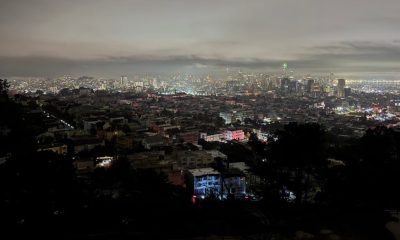
 International3 days ago
International3 days agoFire at substation triggers major blackout in San Francisco
-

 International2 days ago
International2 days agoTrump Orders Construction of New ‘Golden Fleet’ to Revitalize U.S. Naval Superiority
-

 International4 days ago
International4 days agoArgentina detects first local cases of Influenza A (H3N2) Subclade K




























